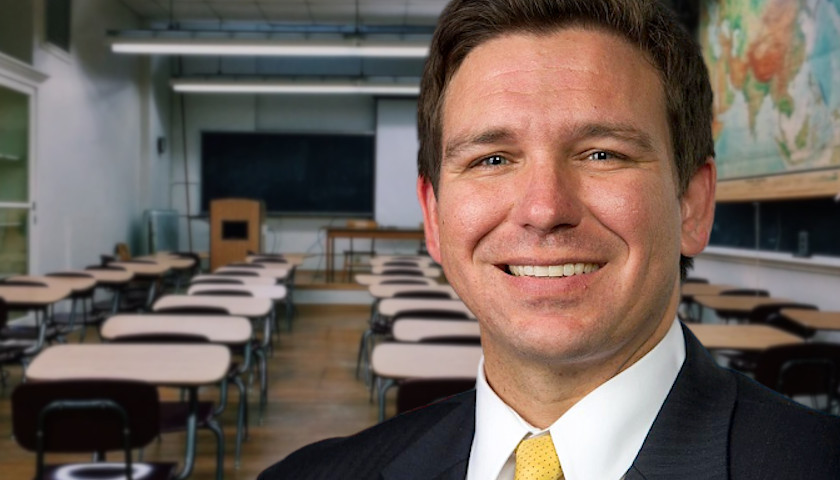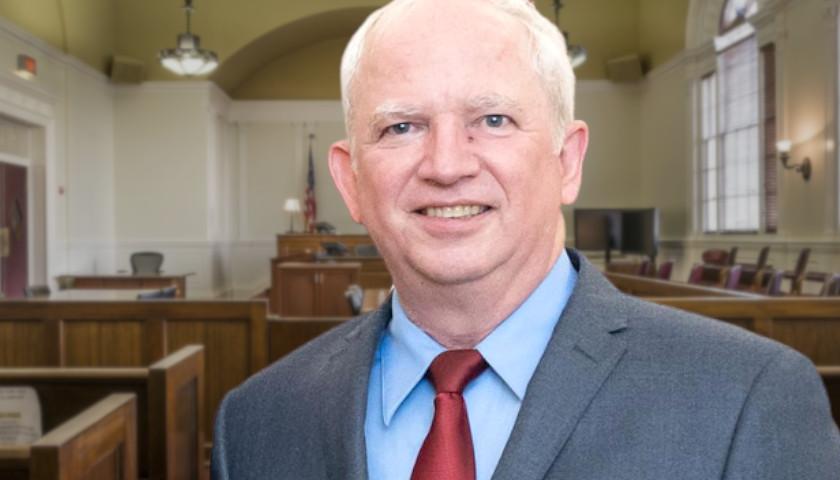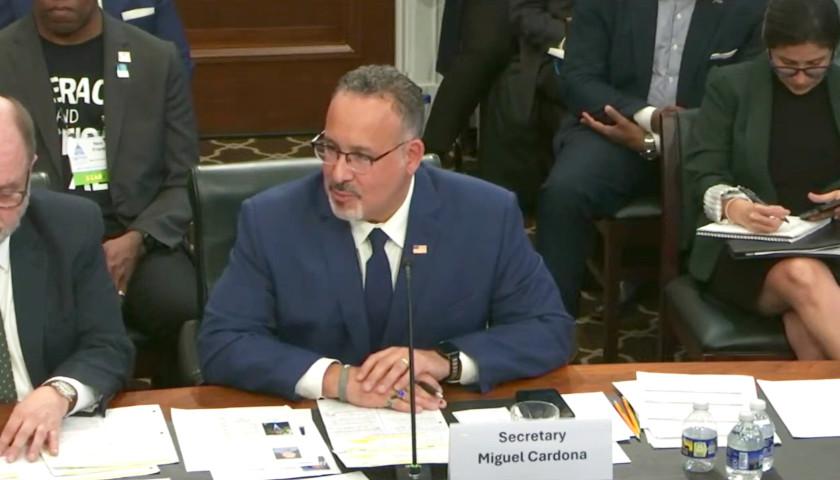Governor DeSantis pushed back on the media Friday for labeling the Parental Rights in Education legislation the “Don’t Say Gay” bill.
During a press conference, a reporter asked DeSantis if he had any comments “on the protests against the ‘Don’t Say Gay’ bill?” DeSantis took the opportunity to address the use of the “Don’t Say Gay” label by the reporter.
DeSantis asked, “You call it that. I’ve not seen that in any of these bills. Where is that coming from? You’re in the news business. Does the truth matter or not? Is that in any of the bills?”
The actual language in the Parental Rights in Education bill “prohibits a school district from encouraging classroom discussion about sexual orientation or gender identity in primary grade levels or in a manner that is not age-appropriate or developmentally appropriate for students.”
However, LGBTQ advocates and the legacy media have used the “Don’t Say Gay” label to repeatedly characterize the legislation.
For example, Equality Florida recently released a television advertisement “blasting” Governor DeSantis over the legislation, which the group describes as “LGBTQ censorship.”
Equality Florida contends that “the ‘Don’t Say Gay’ Bill would further stigmatize the LGBTQ community, chill efforts to create inclusive school environments, and isolate LGBTQ young people who are already at staggeringly higher risk of depression, anxiety, and suicidal ideation than their peers.”
“Not since the days of Anita Bryant have we seen such craven attempts by a leader to build political power by targeting and demonizing LGBTQ people,” said Nadine Smith, Equality Florida executive director in the group’s press release.
In addition, the legacy media has adopted the label in their reporting.
For example, Ana Goni-Lessan, a Florida education reporter with the Gannett-owned Tallahassee Democrat, adopted the “Don’t Say Gay” moniker when referencing the Parental Rights in Education bill. While reporting on a Leon County School Board meeting, Goni-Lessan stated in a tweet, “This LGBTQ+ guide is for district employees who might find themselves in conversations about gender identity with students…which is a huge topic this legislative session. If the Don’t Say Gay bill passes, it will have a direct effect on this guide.”
Ironically, the majority of the bill addresses issues related to parental rights. For example, the bill provides that school districts must adopt procedures for notifying parents if there is a change in their student’s services or monitoring related to a student’s mental, emotional, or physical health or well-being. It also prohibits school districts from maintaining procedures that withhold or encourage students to withhold such information from parents.
The Florida Capital Star recently reported that parental notification procedures are inconsistent across Florida’s school districts.
On February 24, the bill was passed by the Florida House of Representatives by a 69 to 47 margin. It was approved by the Florida Senate’s Appropriations Committee on February 28 by a vote of 12-8 and now moves to the floor of the Florida Senate for a full vote.
If passed and signed into law, the Parental Rights in Education bill would become effective on July 1.
– – –
Steve Stewart is a senior contributor at The Florida Capital Star.








